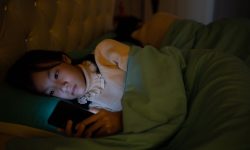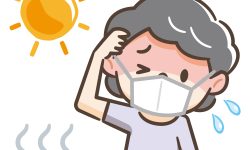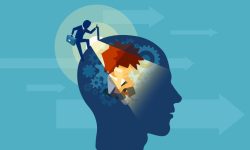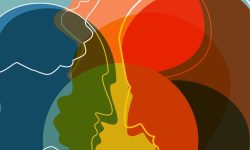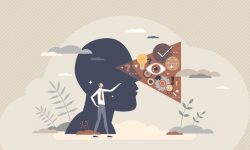Anxiety
Do you have Anxiety or Panic? Keep reading to learn about the symptoms and common treatment strategies. Need a counselor in Philadelphia, Pittsburg, Providence, Ocean City, Mechanicsville and Santa Fe? Counselors at The Center for Growth are here to help.
Anxiety is a common mental health condition characterized by excessive worry, fear, or unease about future events or situations. There are several types of anxiety disorders, each with its own distinct features and symptoms. Here are some of the main types of anxiety disorders:
- Generalized Anxiety Disorder (GAD): GAD involves excessive and uncontrollable worry about everyday events or activities. People with GAD often struggle to control their worry and may experience physical symptoms such as restlessness, fatigue, muscle tension, and difficulty concentrating.
- Panic Disorder: Panic disorder is characterized by recurrent and unexpected panic attacks. Panic attacks are intense periods of extreme fear or discomfort that can include symptoms like rapid heart rate, sweating, trembling, chest pain, and a sense of impending doom.
- Social Anxiety Disorder (Social Phobia): Social anxiety disorder involves an intense fear of social situations, particularly those involving scrutiny or evaluation by others. People with social anxiety often fear being judged, embarrassed, or humiliated and may avoid social situations altogether.
- Specific Phobias: Specific phobias are intense and irrational fears of specific objects, animals, places, or situations. Common examples include fear of heights (acrophobia), fear of flying (aviophobia), fear of spiders (arachnophobia), etc.
- Obsessive-Compulsive Disorder (OCD): OCD is characterized by intrusive and distressing thoughts or obsessions, which lead to repetitive behaviors or compulsions. Individuals with OCD often engage in these compulsions to reduce anxiety or prevent perceived harm.
- Post-Traumatic Stress Disorder (PTSD): PTSD can develop after experiencing or witnessing a traumatic event. People with PTSD may experience intrusive memories, nightmares, flashbacks, and avoidance of triggers associated with the trauma.
- Separation Anxiety Disorder: This type of anxiety disorder is commonly seen in children and involves excessive worry or fear about being separated from a primary attachment figure, such as a parent or caregiver.
- Agoraphobia: Agoraphobia is the fear and avoidance of situations or places that might cause panic, embarrassment, or the perception of being trapped. This can lead individuals to avoid leaving their home or other perceived safe spaces.
- Substance-Induced Anxiety Disorder: Anxiety symptoms can be triggered or exacerbated by substance use or withdrawal from certain substances like drugs or alcohol.
It's important to note that anxiety disorders can vary in severity, and individuals may experience a combination of different anxiety disorders simultaneously. Effective treatment for anxiety disorders often involves a combination of psychotherapy, medication, and lifestyle changes. If you or someone you know is experiencing symptoms of anxiety, it's essential to seek support from a mental health professional for proper evaluation and treatment.








